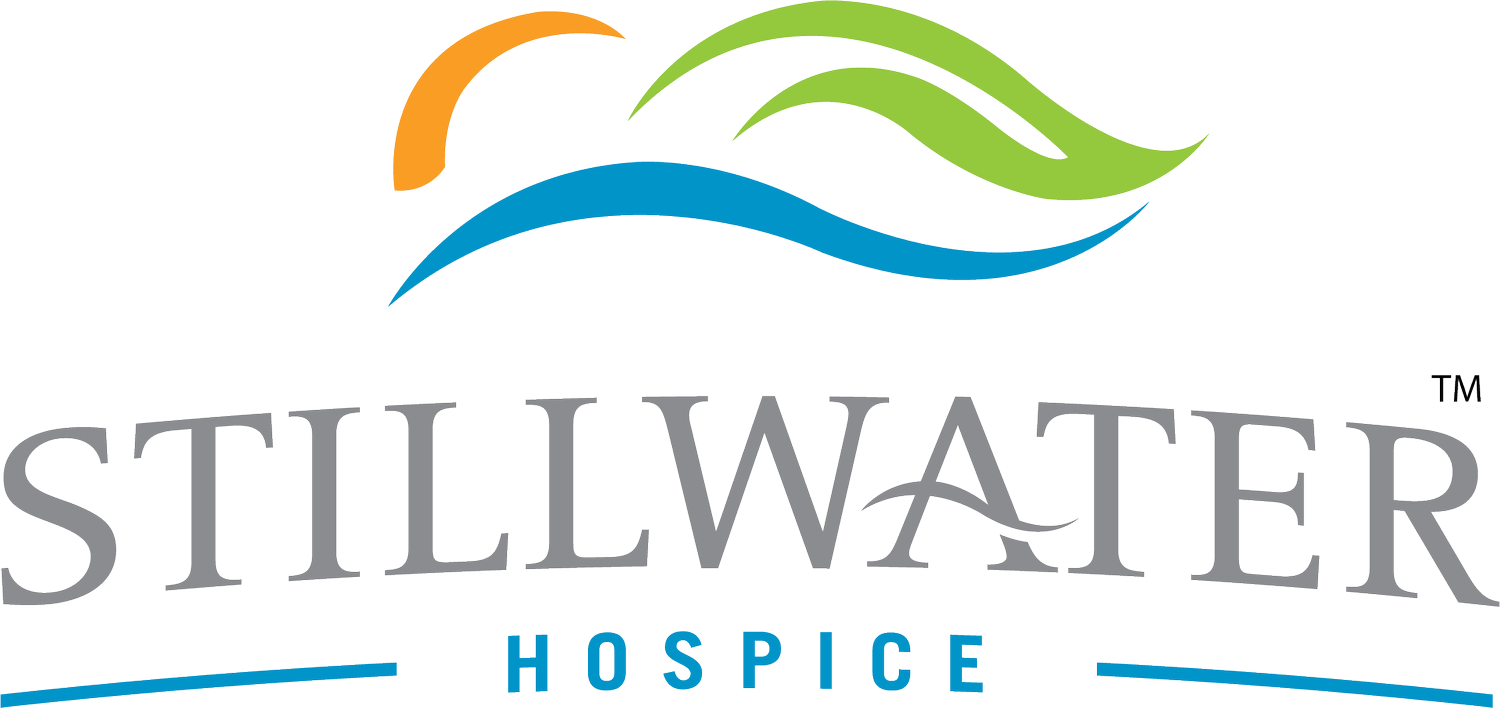Embracing an Integrated Approach to Hospice Care
Stillwater Hospice takes an integrated approach to hospice care; as such, you are likely to meet several of our team members throughout your hospice experience. They may include:
Healthcare Providers: Physicians, nurse practitioners, registered nurses, and other healthcare providers coordinate and monitor all patient care. They also partner with the patient's primary or specialty care providers to ensure the delivery of excellent medical care.
Hospice Medical Director: Our Medical Director, a local physician who has served in this community, is a resource and a consultant to healthcare providers, the hospice team, and patients.
Nurses: The Stillwater Hospice nursing team provides various services, including direct patient care. They also play an essential role in educating patients and families about end-of-life care and dying.
Social Workers: Social workers connect patients to needed community resources. They also provide counseling services designed to comfort and support our patients, their primary caregivers, and their families, helping them better understand and address the impacts of a terminal illness.
Spiritual Care: Spiritual care can take many forms based on the needs and beliefs of patients and families. Visiting with one of our pastoral care providers can often provide emotional comfort for all involved. In addition, these providers can work with local clergy to administer rites, rituals, or religious ceremonies at the time of death should the patient request them.
Other individuals who may work with hospice patients and caregivers include dietary consultants, hospice aides, light housekeepers, and volunteers.
Levels of Hospice Care Services
There are four levels of hospice care available to the patients we serve. They include:
Routine home care is delivered in a private or residential home, such as a nursing home or assisted living facility.
General inpatient care includes a change of setting when a patient requires a higher level of care.
Continuous home care provides support for 8 to 24 hours as necessary during crisis periods to enable a patient to remain at home. A crisis is characterized by conditions such as unmanageable pain, severe nausea, persistent vomiting, diarrhea, or gastrointestinal bleeding.
Respite care gives temporary (5 days or less) relief to the patient's primary caregiver.
Don't hesitate to contact us if you have questions about hospice care, the types of professionals participating in the hospice process, or what type of care may be right for you or a loved one.


